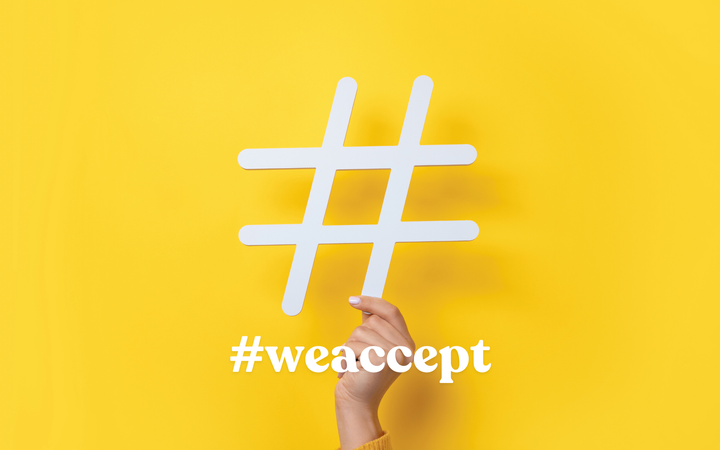The ROI of User-Generated Content: Lessons from Airbnb’s #WeAccept Campaign

In today’s marketing landscape, user-generated content (UGC) has emerged as a powerful tool for brands to foster authenticity, build trust, and engage their audiences. Few campaigns have demonstrated the true potential of UGC better than Airbnb’s #WeAccept campaign. This groundbreaking initiative transformed real stories into a global movement, reshaping Airbnb’s brand image and delivering impressive returns.
This blog delves into the origins, execution, and lessons from Airbnb’s #WeAccept campaign, illustrating how UGC can drive tangible results while aligning with a brand’s core values.
The Origins of #WeAccept
Before launching the #WeAccept campaign, Airbnb faced significant challenges. In 2015, complaints of discrimination on its platform began surfacing under the hashtag #AirbnbWhileBlack, revealing instances where guests of color were denied accommodations. A study from Harvard confirmed these experiences, showing that hosts were 16% less likely to accept bookings from guests with African-American-sounding names.
The backlash prompted Airbnb to implement a Community Commitment policy, requiring all hosts and guests to pledge respect for diversity and inclusion. This laid the groundwork for the #WeAccept campaign, which debuted in 2017 as a bold response to escalating social issues, including the U.S. travel ban targeting several Muslim-majority countries.
With a mission to reinforce its core values of inclusion and belonging, Airbnb saw an opportunity to combat prejudice while addressing its own platform’s past controversies.
Launching the #WeAccept Campaign
The #WeAccept campaign was a multi-faceted initiative designed to communicate Airbnb’s values and inspire action. Its key components included:
- Super Bowl Commercial
Airbnb aired a 30-second commercial during the 2017 Super Bowl, just days after the travel ban was announced. The ad featured a series of diverse faces with the message, “We believe no matter who you are, where you’re from, who you love, or who you worship, we all belong.” This timely and impactful message reached over 113 million viewers, making a powerful statement on inclusivity.
- Social Media Storytelling
Airbnb utilized platforms like Instagram, Twitter, and Facebook to feature real stories of hosts and guests from various cultural and racial backgrounds. The campaign hashtag #WeAccept encouraged users to share their own experiences of inclusion and belonging, turning them into brand advocates.
- Real-World Impact
Beyond marketing, Airbnb committed to providing housing for 100,000 refugees, survivors of disasters, and relief workers over five years. The company also pledged $4 million to the International Rescue Committee, underscoring its dedication to creating meaningful change.
Leveraging User-Generated Content
At the heart of #WeAccept was its reliance on UGC to amplify its message. Airbnb encouraged its community to share authentic stories, creating an emotional resonance that traditional ads often fail to achieve.
- Diverse Narratives: By highlighting real hosts and guests, Airbnb showcased the human side of its brand. These stories reinforced the company’s mission of creating a world where everyone feels they belong.
- Participatory Culture: The #WeAccept hashtag empowered users to contribute to the campaign, fostering a sense of ownership and community.
- Emotional Connection: Airbnb’s focus on inclusivity and belonging tapped into universal values, making the campaign relatable and impactful.
This approach not only boosted engagement but also positioned Airbnb as a socially conscious brand that actively promotes acceptance.
Measuring the ROI of UGC
One of the key strengths of the #WeAccept campaign was its ability to generate measurable results. Airbnb’s focus on user-generated content and emotional storytelling translated into impressive performance metrics that underscored the campaign’s effectiveness.
Key Performance Indicators (KPIs)
- Impressions and Reach
- The campaign garnered over 87 million total impressions, making it Airbnb’s third-largest driver of earned impressions at the time.
- The Super Bowl ad alone reached 113 million viewers, amplifying awareness of the campaign’s message.
- Engagement and Sharing
- Social media posts related to #WeAccept were shared over 90,000 times, receiving more than 500,000 likes across platforms.
- Airbnb’s Facebook campaign video reached over 19 million viewers, becoming the company’s most-shared video ever with 100,901 shares.
- Platform Growth
- Airbnb experienced a 13% increase in site visitors from the U.S. and Canada in the week following the Super Bowl. This traffic surge extended into the following month, reflecting sustained interest.
- Community Involvement
- Over 15,000 hosts signed up to volunteer their homes for refugees and those affected by disasters.
Tangible Impact on Trust and Loyalty
The campaign’s emphasis on authenticity and inclusivity resonated particularly with younger, socially conscious audiences. By aligning with shared values, Airbnb fostered a deeper emotional connection with its users, strengthening loyalty and brand credibility.
What Brands Can Learn from #WeAccept
The success of Airbnb’s #WeAccept campaign offers valuable lessons for brands looking to leverage UGC and create impactful marketing strategies:
- Credibility through UGC
Studies show that 85% of consumers trust user-generated content over traditional advertising. Real stories are relatable and foster trust, making audiences more likely to engage with your brand.
- Lesson: Encourage your customers to share authentic experiences and amplify these narratives in your campaigns.
- Emotional Storytelling is Powerful
By aligning its campaign with cultural moments and emphasizing human stories, Airbnb created an emotional connection with its audience.
- Lesson: Focus on universal values like belonging or acceptance to make your campaigns more meaningful and memorable.
- Engagement Over Broadcasting
The participatory nature of #WeAccept allowed users to become active contributors to the campaign’s message, transforming them into advocates.
- Lesson: Involve your audience in your campaigns. When users feel included, they’re more likely to amplify your message organically.
Broader Impact of the Campaign
Airbnb’s #WeAccept campaign didn’t just drive impressive metrics—it reshaped the company’s brand image and set a new standard for socially conscious marketing. By addressing societal issues like prejudice and inclusion, Airbnb demonstrated that brands can make a meaningful impact while staying true to their values.
Key Takeaways for Other Brands
- Align your marketing actions with your mission and values. Consumers increasingly prefer brands that take a stand on important issues.
- Combine storytelling with real-world impact. Airbnb’s pledge to house 100,000 refugees over five years reinforced the sincerity of its campaign.
- Use UGC to humanize your brand and create deeper connections with your audience.
Conclusion
Airbnb’s #WeAccept campaign is a masterclass in leveraging user-generated content to drive both emotional and tangible results. By amplifying real stories, fostering inclusivity, and aligning with cultural moments, Airbnb transformed a marketing initiative into a global movement.
For brands seeking to harness the power of UGC, the lessons from #WeAccept are clear: prioritize authenticity, align with your audience’s values, and create opportunities for engagement. When executed thoughtfully, UGC can build trust, foster community, and deliver remarkable ROI.

